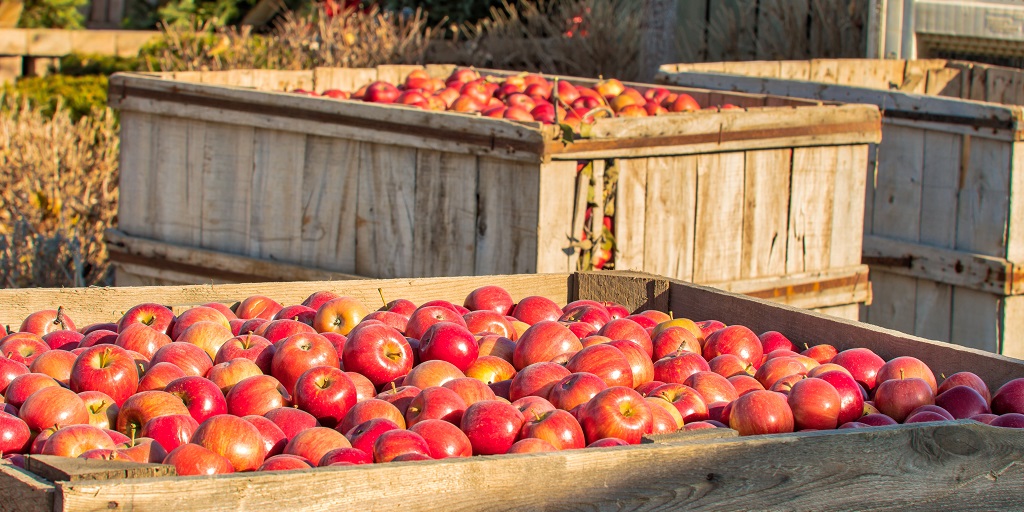
Competition risks over CUB-Asahi deal says Cider Australia

Cider Australia, which represents more than 120 of the country’s cider makers, has called on the ACCC to review the CUB acquisition by Asahi in light of cider tap contracts and the dominant position the merged company would have in the Australian cider market.
The deal would see 70 per cent of the cider category owned by the combined companies, according to IRI World data.
Sam Reid, president of Cider Australia, said that this level of consolidation in brand ownership is likely to limit competition and innovation in the cider industry even further, and to a greater extent than in the beer industry.
“The ACCC find it easy when there’s a comfortable duopoly [like in the beer industry]. They don’t seem overly concerned by duopolies,” he told Brews News.
Cider Australia’s concerns relate to the dominant market share that will be created by the merger.
Asahi’s control of the Carlsberg-owned Somersby cider brand, which would be integrated with CUB’s portfolio of cider brands, including Bulmers, Mercury and Strongbow, as well as craft-style brands like Pure Blonde, Bonamy’s and the Spring Cider Co will create a behemoth in the industry.
“It’s about whether these companies can use [their market share] to materially disadvantage the marketplace,” Reid explained.
“What we’re doing as an industry body is to call out this huge, dominant market share and saying to the ACCC ‘perhaps you should look again?’”

The second concern is that cider is too often considered in the same category as beer, both in terms of competition concerns and tap contracts.
Reid said that whilst beer often gets its own sub-segments such as IPA, Pale Ales or Sour beers, tap contracts for cider tend to cover the entire category.
“We’re asking the ACCC not to look at beer and cider as an overall category. Taps can be extremely exclusive in what is already a challenging marketplace, where we are dominated by the majors, it’s going to make it that little bit harder for small producers to get their product on tap.
“Cider just gets wrapped up as a category in tap contracts, a major producer might take 70-90 per cent of available taps and they will definitely take the cider taps, as cider generally becomes an exclusive add-on. That’s how it’s been looked at, hence the lack of innovation in the cider category.
“The category has already declined, because the cider category hasn’t had a lot of innovation in the last few years, and the major players haven’t been driven to innovate either.”
He called for the ACCC to take another look at tap contracts, which it previously investigated in relation to beer. It came to the conclusion after a three-year-enquiry that tap contracts were not ‘anti-competitive’.
Reid explained that considering cider as a separate category would help support the small and medium cider makers of Australia, who are often central to their regional and remote communities.
“It’s a really important industry for regional and agricultural communities and that’s in almost every state where apple growers exist and want to find a use for products which would otherwise be waste.”
Reid said that this behaviour is detrimental to the growth of cider category.
He suggested that it was the perfect time to revisit tap contracts and the perception of the cider sector, and suggested the ACCC consider prohibiting non-price incentives in tap contracts, or even getting rid of tap contracts completely, as they have been in the US.
“With the 100 per cent Australian-grown trust mark we’ve introduced, it’s the right time to call for craft cider to be called out separately.
“Some people think that all cider is cider but we don’t believe it, there’s cider made from apples from Australian farms which are creating jobs and supporting the local economy, and there’s cider made from imported concentrate. They are significantly different,” he concluded.



